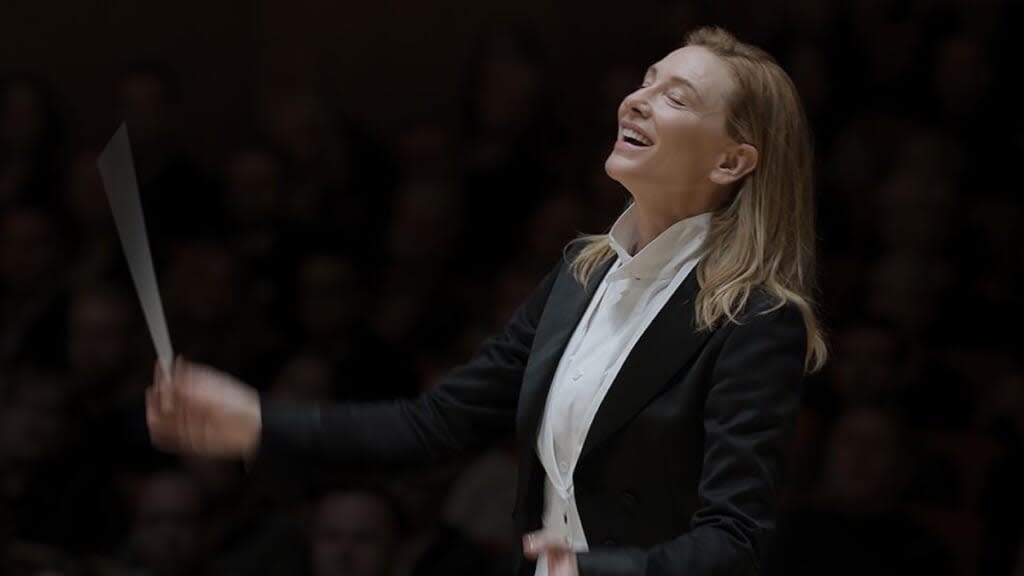‘Tár’ Director Todd Field Explains Why the End Credits Play at the Beginning of the Film

One of the most frequently asked questions about “Tár” is why the film begins, rather than ends, with a lengthy credit sequence. Writer-director Todd Field finally cleared the air in a Wednesday interview, explaining that he “wanted to recalibrate the viewer’s expectations about hierarchy” both on- and off-screen.
“Tár” tells the story of a fictional composer and conductor named Lydia Tár (Cate Blanchett), who is at the top of her game when allegations about her abuse of power turn her life upside down.
Echoing these themes, Field took a “last is first” approach, reversing the traditional order of names so that credits typically listed last appear first. Running these credits early in the film’s two-hour and 38-minute runtime ensures everyone who contributed will get their due, he explained.
Also Read:
New York Film Critics 2022: ‘Tar’ Named Best Film
“If you’re going to credit people, then those credits should count as much as any other credits. Many are the hands that make a film,” Field told the Los Angeles Times. “There are many filmmakers that lock arms together and so just simply speaking, I wanted to recalibrate the viewer’s expectations about hierarchy. That’s a fairly low-hanging piece of fruit thematically for the film.”
Noticeably missing from the opening credits are its top-billed players: the actors, composer Hildur Guðnadóttir, music advisor John Mauceri and conducting supervisor Natalie Murray Beale.
Though “Tár” is a “rehearsal film,” Field wanted to highlight the “tremendous amount of performance required” of its principal players by grouping them together at the end.
Also Read:
Academy Screening Room Tops 100 Films, But It’s Missing Lots of Big Oscar Contenders
“If anyone came at the end other than the performers to take that curtain call, I’d be throwing fruit and tomatoes at the screen,” he added. “So it was really important that they come out and we have the pleasure of letting them take a curtain call.”
Lastly, Field intended the credit placement to serve as an overture or primer for the audience. He noted that the song playing in the background, “the Shipibo Conibo Icaro that’s sung by Elisa Vargas Fernandez,” represents the ethnographic fieldwork that is discussed in the scene that follows.
“Whether you understand what it is or not, I think it’s important just in terms of sort of saying, ‘Get ready, the rhythm and hues that you’re used to perhaps may be a bit different going forward,’ and intentionally try to put an audience on their heels and make them decide where they stand and if they stick with it or not,” Field said. “And it is disorienting, but intentionally so.”
Whether or not it would be too disorienting for audiences was a “big conversation” after the first screening of the film. There was “some real concern” from distributor Focus Features, but Field prevailed in the end.
“Tár” won Best Film and Best Actress at last night’s New York Film Critics Circle Awards, and won Best Screenplay at Monday’s Gotham Awards. It has received seven nominations for the Independent Spirit Awards.
Also Read:
Early Oscar Predictions: The Audience Is Staying Away From Awards Movies, But Will Voters Care?

 Yahoo Movies
Yahoo Movies 
